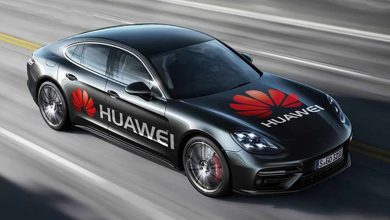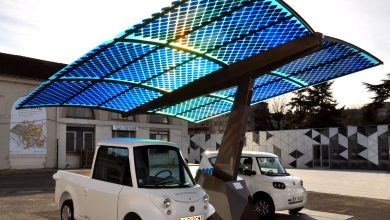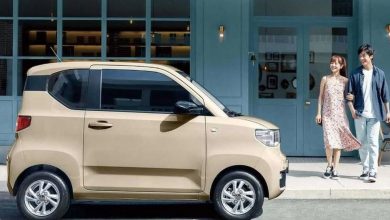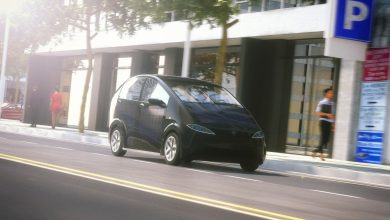
Around the world, governments are starting to discuss, or even schedule, banning the sale of new vehicles powered by internal combustion engines. But in the United States, as is often the case, they may have to wait for private industry to move first, thanks to the sclerotic nature of US politics, particularly when it comes to climate change. This Thursday (28th Jan), such a move happened, and it came from an unlikely source.
GM has also now signed a pledge by businesses to try to keep global warming to 1.5˚C. That’s a remarkable change for an automaker that, until very recently, supported the previous administration’s plan to make US market cars less fuel efficient.
Making this happen will require GM to transition its vehicle portfolio to battery electric vehicles, as well as other hydrogen fuel cell EVs. In fact, the company says it has “an aspiration to eliminate tailpipe emissions from new light-duty vehicles by 2035.”
On 28th Jan, General Motors, the largest automobile company in the US plans to completely phase out vehicles using internal combustion engines by 2035, as announced by Chairman and Chief Executive Officer Mary Barra. The automaker will go completely carbon neutral at all facilities worldwide by 2035.This announcement also comes after President Joe Biden detailed plans earlier in the week to move the United States away from fossil fuels and to create more jobs in renewable energy.
Barra has frequently touted GM’s plan for “an all-electric future,” recently increasing to 30 the number of pure battery-electric vehicles it will launch by the middle of this decade, but this marks the first time the largest Detroit automaker has set a hard target for completely phasing out gas and diesel engines for all light-duty vehicles, including pickups and SUVs.
After seeing GM’s plan, Lawrence Searcy, the Chief Operating Officer at Walker Automotive, said a substantial amount of work would have to be done to have more electric vehicles in 15 years.
“Certainly what GM is proposing is a super ambitious plan. You’re talking about billions and billions of dollars to retrofit the factories. You’re talking about the dealerships having to spend thousands of dollars to install the necessary technology to service the vehicles,” said Searcy.
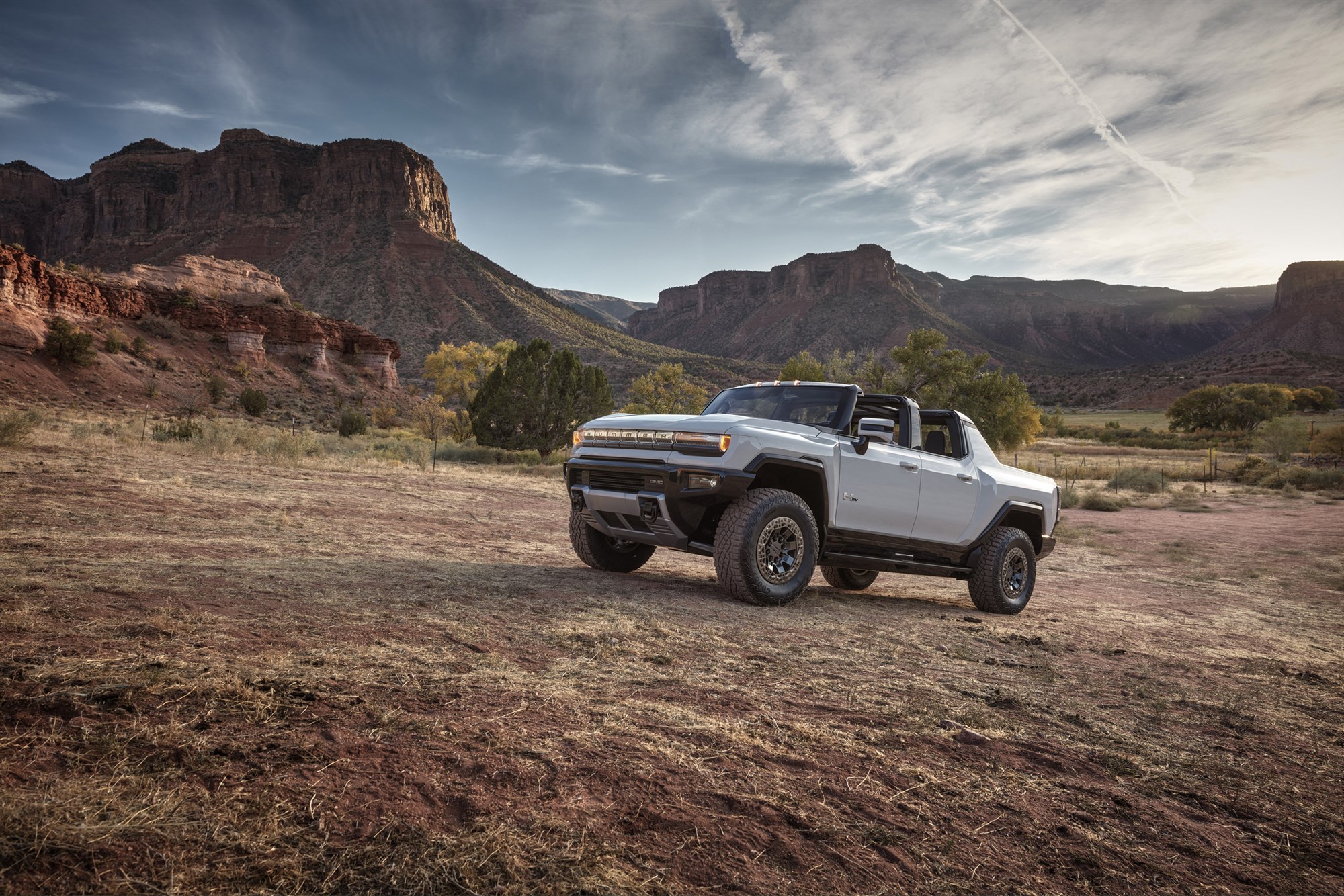
GM is also working on clean technology for heavy-duty trucks. On Wednesday, GM announced it will provide fuel-cell technology for Navistar International Corp. And it is looking for other applications of the hydrogen technology it is developing as part of a joint venture with Honda.
“General Motors is joining governments and companies around the globe working to establish a safer, greener and better world,” CEO Mary Barra said in a statement. “We encourage others to follow suit and make a significant impact on our industry and on the economy as a whole.”
According to the International Energy Agency, electric car sales only make up 3% of the global total. Electric cars are few and far between in Central Louisiana and only a few hybrid vehicles are available at dealerships. If the plan is to have more electric vehicles, more charging stations would have to be added.
The Holiday Inn in downtown Alexandria is one of the only locations in Central Louisiana with a charging station and it is for Teslas only. The Tesla charging station sees around 10 charges a day during the week and then nearly 40 on the weekends. This station provides a spot for electric car owners to use as it sits directly between Dallas and New Orleans.
Another concern with electric cars is the cost as they run at a higher price than standard vehicles.
“All of the manufacturers are doing what they can to drive that transaction price down. You have to wonder if that transaction price is around $60,000 if that is something that the American public can stomach,” said Searcy.
The auto industry is shifting from internal combustion technology to emissions-free battery and hydrogen powertrains. Several traditional brands have also committed to a complete transition, with Bentley recently laying out a target date of 2030 to switch entirely to battery-electric vehicles, or BEVs. Nissan this week said it will electrify all models by the “early 2030s,” but that will include gas-electric hybrids as well as BEVs.
In its push to go electric, GM hopes to tackle Tesla and upstarts including Rivian, Bollinger and Lordstown Motors.
GM launched its first long-range battery-electric model, the Chevrolet Bolt EV, in 2016 and is preparing an aggressive ramp-up beginning with the stretched Chevy Bolt EV and GMC Hummer pickup later this year. By mid-decade, all of its U.S. and foreign-based brands, including those in China, will have BEVs in showrooms.
In addition to transitioning to an electric fleet, GM plans to shift to 100 percent renewable power for its US sites by 2030 and globally by 2035 and will work with its entire supply chain on decarbonization.

